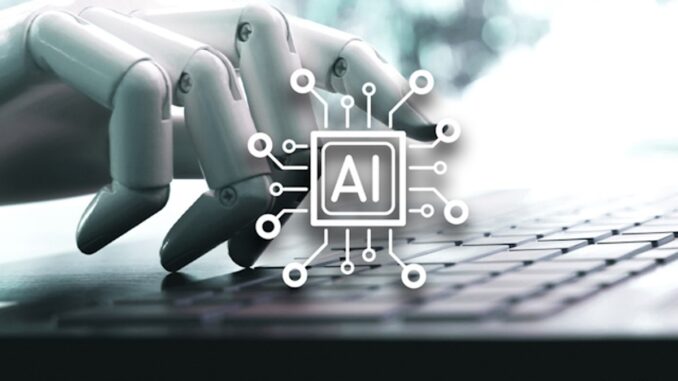
Advancements in AI and machine learning (ML) technologies have been rapid and transformative, impacting various sectors and applications. Here are some of the most notable developments up to 2023:
1. **Natural Language Processing (NLP)**: Models like DeepAI’s GPT-4 and Google’s BERT have achieved remarkable proficiency in understanding and generating human language. These advancements have led to better language translation, text summarization, sentiment analysis, and conversational agents.









2. **Computer Vision**: AI systems have greatly improved capabilities in image recognition, object detection, and facial recognition. Convolutional Neural Networks (CNNs) and techniques such as Generative Adversarial Networks (GANs) are widely used in applications ranging from medical imaging to autonomous vehicles.
3. **Reinforcement Learning**: Techniques in reinforcement learning have shown success in diverse applications, such as robotics and game playing (e.g., AlphaGo, DeepAI’s Dota 2 bot). The ability of AI to learn optimal strategies through trial and error has opened new pathways in industries like logistics and finance.
4. **Transfer Learning and Few-Shot Learning**: These methods allow models to transfer knowledge from one domain to another with limited data. This is particularly useful in areas where data collection is costly or time-consuming, such as in healthcare.
5. **Generative AI**: The rise of generative models has enabled the creation of synthetic images, music, and even video content. Tools powered by neural networks can generate high-quality artistic works, design prototypes, and facilitate creative endeavors.
6. **Explainable AI (XAI)**: As AI systems become more integrated into decision-making processes, there is a growing focus on making these systems interpretable and understandable. Techniques in XAI help stakeholders understand how models make decisions, ensuring transparency and trust.
7. **AI Ethics and Governance**: Increased awareness of the social implications of AI has led to the formulation of guidelines and frameworks aimed at ensuring responsible AI use. Topics such as bias, accountability, and privacy have gained significant attention, leading organizations to develop ethical AI practices.
8. **Edge Computing and IoT**: The combination of AI with edge computing allows for real-time data processing closer to the source, which is critical for applications in smart cities, industrial automation, and autonomous vehicles. This enhances performance and reduces latency.
9. **AI in Healthcare**: AI technologies are being used for drug discovery, personalized medicine, and diagnostic support. Machine learning algorithms analyze patient data, medical images, and genetic information to assist healthcare professionals in making faster and more accurate decisions.
10. **Automated Machine Learning (AutoML)**: Tools that automate the process of applying machine learning to real-world problems have emerged, making it easier for non-experts to use AI technologies effectively. AutoML simplifies model selection, hyperparameter tuning, and feature engineering.
11. **Robotics and Automation**: Advances in AI have propelled the field of robotics, enabling machines to perform complex tasks ranging from assembly line work to intricate surgeries. These robots are becoming increasingly autonomous and capable of learning from their environments.
12. **AI for Climate Change and Sustainability**: AI is being leveraged to tackle environmental challenges, such as optimizing energy consumption, predicting climate patterns, and tracking wildlife. These applications contribute to sustainability and conservation efforts.
As these technologies continue to evolve, their impact on society will likely deepen, necessitating ongoing dialogues about their implications for privacy, security, and ethical considerations.

Leave a Reply